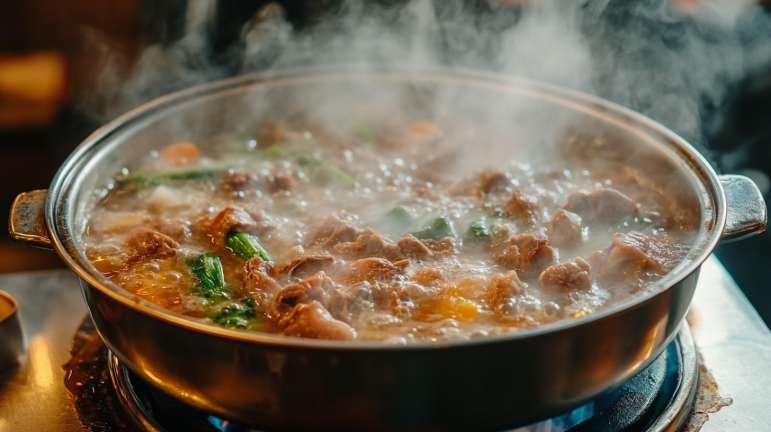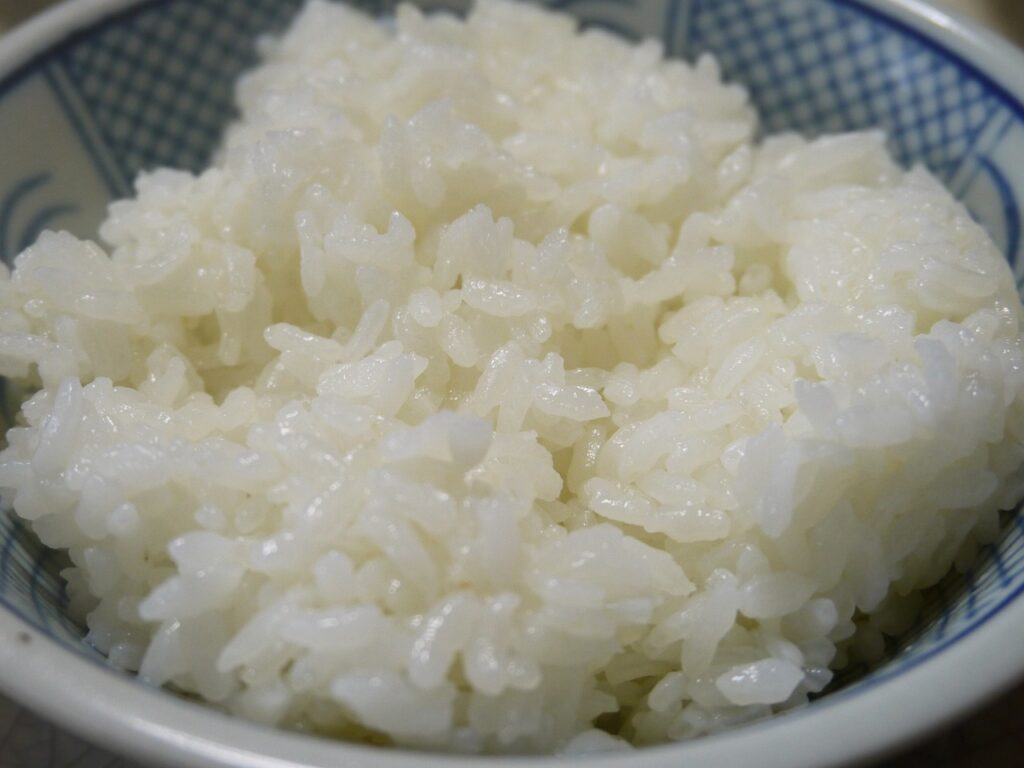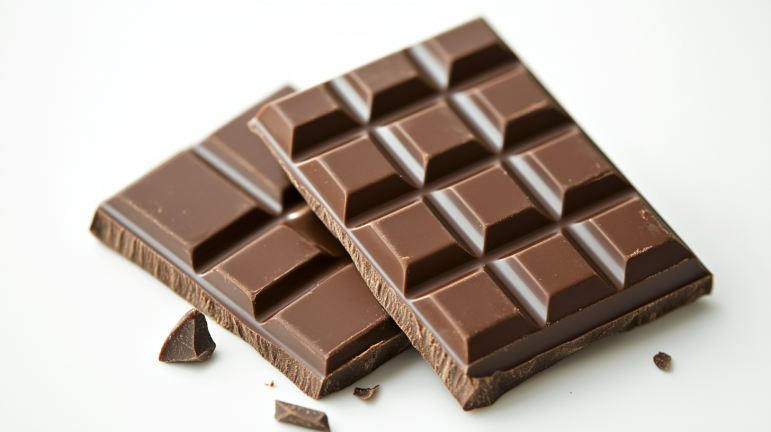Many people have probably heard the saying: “Winter is the best time to lose weight.” While there’s some truth to this, as cold temperatures can boost your metabolism by stimulating brown fat to work more efficiently, there’s a catch: research shows that winter is actually the season where people gain the most weight.
While metabolism may rise slightly, the main reason for weight gain is simple: appetite explosion! We all want to eat, eat, eat! When this cycle continues, gaining weight becomes almost inevitable—first autumn weight, then winter weight.
Although many people see their weight drop after winter, overall, weight tends to increase with age. So, our goal this winter might not necessarily be to lose weight, but to maintain it. With all the festive meals and gatherings, controlling your appetite becomes a crucial part of any long-term weight management plan!
1. Sleep Well: Your Appetite’s Secret Enemy!
As the temperatures drop, our genes drive us to seek more food to maintain our core temperature. Research shows that insufficient sleep increases energy and fat intake. On the other hand, improving sleep can help stabilize your appetite and reduce food consumption.
One study showed that getting a good night’s sleep could reduce daily energy intake by 270 kcal (about 3.6 slices of bread). To burn this off through exercise, you’d need to jog for 25 minutes!

2. Add Some Spice
A study published in Appetite magazine found that eating spicy food can suppress appetite: participants who took 1 gram of chili pepper with each meal ate 120 kcal less per day. That’s about half a bowl of rice!
However, many spicy foods are high in fat and salt (like spicy hotpot or skewers), which won’t help with appetite control. The best winter option may be a pot of light Guangdong-style beef hotpot, or a low-fat Guizhou-style red sour soup, full of vegetables and lean proteins, with chili dipping sauce.

3. A Little Movement Goes a Long Way—Winter Fat Burning is Twice as Effective!
A study from Japan shows that simple exposure to cold can boost fat burning. Our resting metabolic rate is 20% higher in winter than in summer. However, most people tend to be more sedentary during winter. If you increase your activity level, the cold temperatures will help speed up fat burning.
Research also shows that moderate-intensity exercise can suppress appetite. So, a 10-minute jump rope session or a quick round of HIIT can help burn calories while controlling your cravings!

4. Eat Carbs, Eat Carbs, Eat Carbs
Studies show that a higher-carb, lower-fat diet, like the one common in China, doesn’t hinder weight loss. In fact, it’s part of the national dietary guidelines! Eating 200-300 grams of grains per day won’t stop your weight loss progress.
Eating enough carbs also helps stabilize your appetite. Skipping carbs often leads to unstable moods and emotional overeating.

5. Eat Warm, Dress Warm
Cold environments stimulate our appetite, so staying warm is key to controlling those cravings.
Eat warm: Drinking a light, warm soup (vegetable soup is best) or a hot tea (not milk tea!) before meals helps signal to your body that you’re full.
Dress warm: Feeling cozy can reduce your desire for high-calorie foods. Being wrapped up in warmth not only lifts your mood but also naturally reduces cravings for fatty foods.

6. Enjoy What You Love, Not Just What’s Healthy
If you’re really craving something, go ahead and enjoy it—just control your portions. Trying to suppress your cravings by replacing your favorite foods with healthy options can sometimes lead to overeating.
Studies show that incorporating mindful eating into weight loss plans can make your progress more sustainable. The key is: allow yourself to eat what you like, but control portions and savor the moment. Pay attention to your body’s signals—when you’re full, stop eating.
To avoid temptation, buy smaller portions of snacks and don’t keep large packages of food at home.

7. Have What You Crave in the Morning
Research shows that eating what you crave in the morning, as long as your total calories don’t exceed your daily limit, can help control your appetite for the rest of the day. One study found that people who ate high-protein, high-carb breakfasts had significantly reduced hunger throughout the day.
This is great news: the high-protein, high-carb breakfast group in the study enjoyed some of their favorite treats—chocolate, cookies, cake, ice cream, mousse, and donuts—while still controlling their appetite!

8. Try Letting Go of the ‘Weight Loss’ Mentality
This isn’t about giving up entirely, but changing your approach to weight management. Research shows that when people start thinking “I’ll lose weight tomorrow,” they often end up eating more today. The same goes for when they stop dieting—weight tends to come back.
The key is that sustainable weight maintenance isn’t about quick fixes. Instead, think about whether the habits you’re forming are ones you can keep up for 1, 3, or even 10 years. If not, consider switching to methods that fit your lifestyle long-term.
I hope these 8 tips help you keep your weight stable through the winter and be ready to greet the beautiful spring ahead!



















